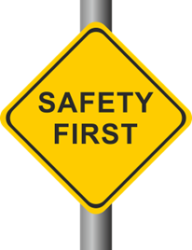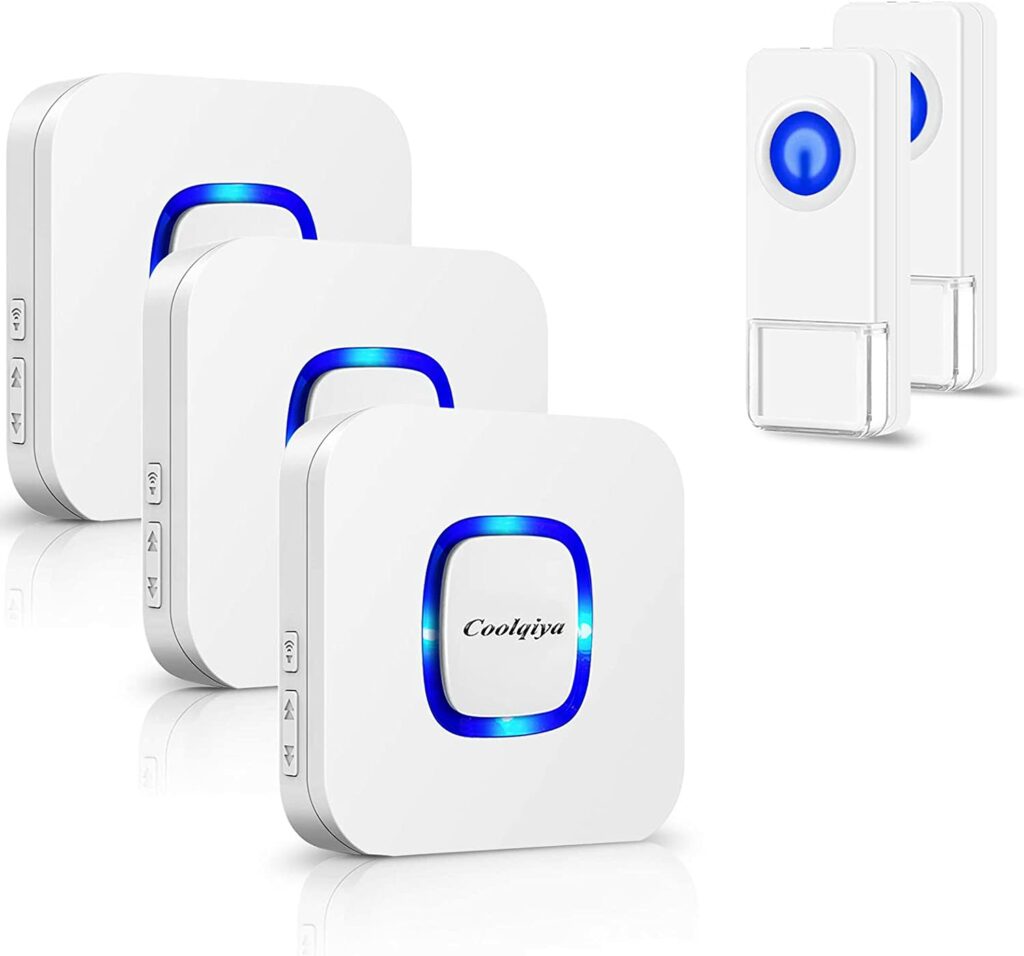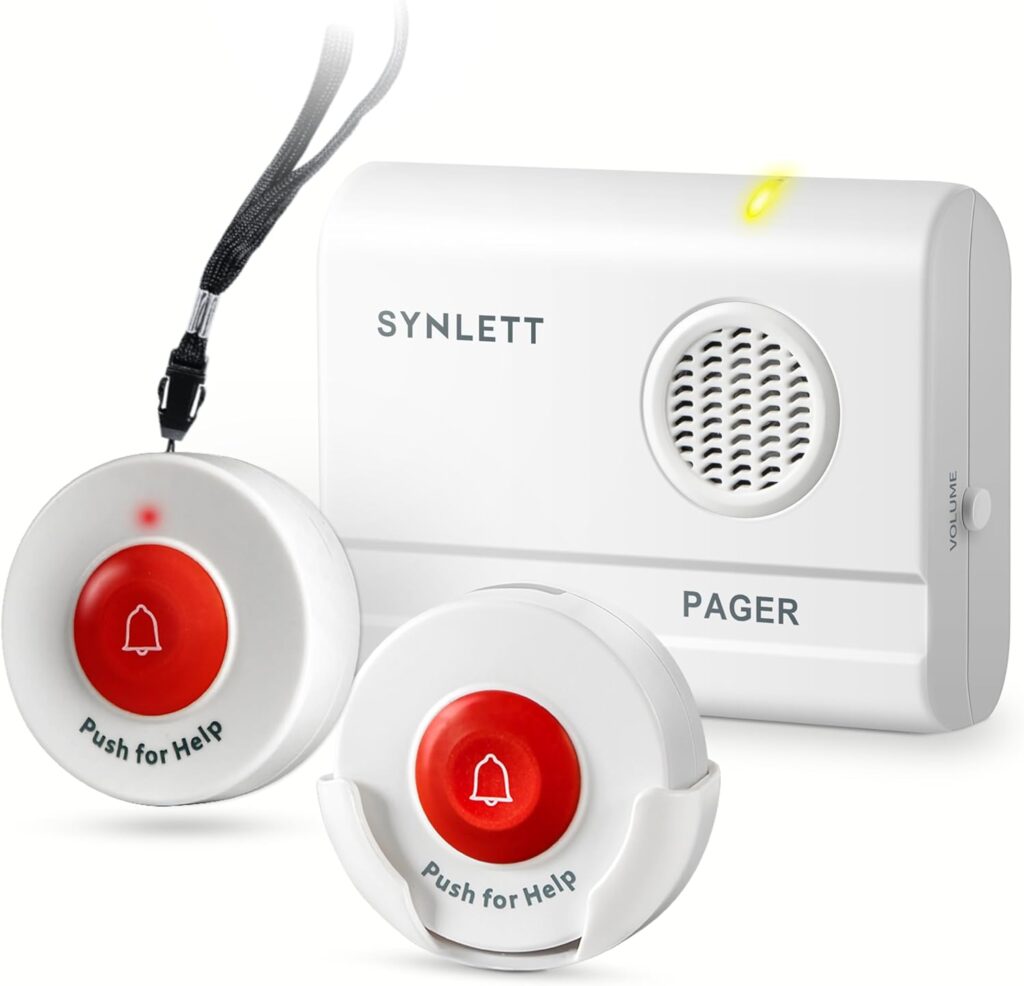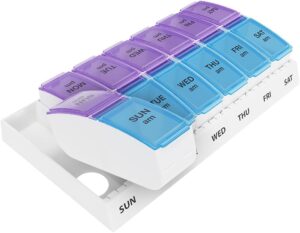Discover essential senior citizen safety tips to prevent falls, avoid scams, drive safely, and stay independent. Practical advice for seniors and caregivers to ensure a secure, worry-free life.
Let’s be real, aging comes with its fair share of challenges. One minute, you’re enjoying your morning coffee, and the next, you’re tripping over a rug that’s been in the same spot for 20 years!
The truth is, mobility plays a huge role in everything from daily tasks to social activities. And while some challenges come with aging, losing mobility doesn’t have to be one of them.
Whether it’s simple exercises, assistive devices, or home modifications, there are plenty of ways to stay active and on the move.
Whether you’re a senior yourself or a concerned family member, staying safe isn’t just about avoiding accidents—it’s about staying independent and worry-free.
This guide covers practical, real-life senior citizen safety tips—from fall prevention and home safety to financial protection and emergency preparedness.
1. Senior Citizen Home Safety Tips: Make Your Home a Safe Haven
Your home should be your sanctuary, not a danger zone but for many seniors it can be filled with hidden hazards. Falls are a major cause of injuries among older adults, but with a few adjustments, you can significantly reduce the risk by making your home fall proof. Here’s how to make it as safe as possible:
Easy Senior Citizen Home Safety Tips – Quick Fixes
- Improve senior home safety with better lighting— Dimly lit hallways, stairs, and rooms? Fix those ASAP! Use bright LED bulbs and install nightlights in hallways and bathrooms. Motion sensor lights are a lifesaver at night.
- Keep emergency contacts by the phone – Consider senior security systems for added peace of mind.
- Install grab bars and railings – Sturdyhandrails on stairs and grab bars in bathrooms can provide much-needed support as these are prime spots for falls.
- Remove tripping hazards – Say goodbye to loose rugs, remove clutter all around and walkways, and and tangled electrical cords. Use non-slip rugs or secure them with tape.
- Use a medical alert system – In case of an emergency, a simple button press can call for help.
Bathroom Safety for Seniors
Bathrooms are slippery, and one misstep can lead to serious injuries. Here’s how to make them senior-friendly.
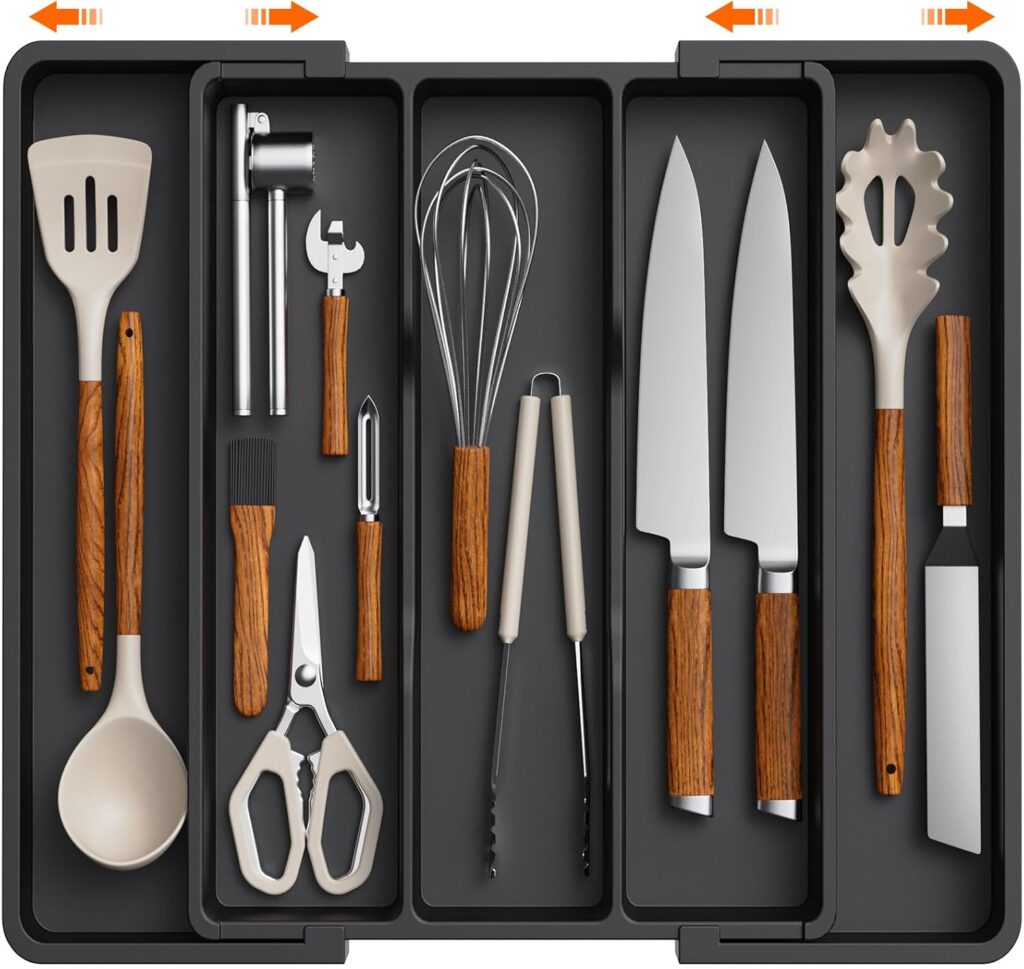
- Install a walk-in tub or use a sturdy shower chair in the shower – Stepping over a high tub edge can be dangerous.
- A raised toilet seat can reduce the risk of falls – A raised toilet seat with armrests makes sitting down and standing up much easier..
- Non-slip mats and grab bars near the toilet and shower are a must – Place non-slip mats in the tub and shower, and add grab bars near the toilet and bathing areas.
- Anti-scald devices – Older adults have thinner skin, making them more prone to burns. Install temperature-controlled faucets to prevent scalding.
Kitchen and Bedroom Senior Citizen Safety Tips – Avoid Fire Hazards
Cooking mishaps, forgotten candles, and old wiring can be fire hazards. Here’s how to stay safe:
- Install smoke detectors – Ensure smoke detectors are placed in key areas like the kitchen and bedrooms. est them mnthly and replace batteries regularly.
- Use automatic shut-off appliances – A stovetop left on is a common risk. Consider induction cooktops or stoves with an auto shut-off feature
- Use easy-pour kettles, or automatic operated electric jar openers for seniors with limited hand strength or arthritis.
- Have an escape plan – In case of a fire, have a clear evacuation plan. Make sure doors and windows are easy to open.
- Avoid space heaters and overloaded outlets – If you must use a space heater, keep it away from curtains and never leave it unattended. Also, avoid overloading outlets with multiple appliances.
Check for more examples here: The Best Kitchen Safety Poducts for Seniors – Perfect Gifts
Home Security Measures for Seniors
Seniors are often targeted by burglars and scammers. Strengthening home security can provide peace of mind.
- Install a smart doorbell or security camera – Devices like video doorbells let you see who’s at the door without opening it.
- Upgrade door and window locks – Use deadbolts and reinforced locks to deter break-ins.
- Emergency call system – A medical alert system can provide instant help in case of an emergency.
- Never open the door for strangers – Teach seniors to verify visitors before opening the door, even if they claim to be from a utility company or delivery service.
A safe home means greater independence and peace of mind for seniors and their families. Small tweaks, big impact!
2. Preventing Falls and Injuries to Stay on Your Feet
Did you know that falls are a leading cause of injury among seniors? But guess what? Most falls are preventable.
Falls are no joke, but they’re often preventable with a little foresight. Feeling dizzy or weak? Don’t ignore it. That’s your body’s way of saying, “Hey, something is not right!”
Fall Statistics in the United States and Canada
Canada
- Prevalence: Each year, 20-30% of seniors experience one or more falls.
- Injuries: Falls account for 85% of injury-related hospitalizations among seniors and cause 95% of all hip fractures.
- Fatalities: In 2018, falls were responsible for 61% of injury deaths among Canadians aged 65 or older.
United States
- Prevalence: Approximately 14 million older adults (27.6%) report falling each year.
- Injuries: Falls lead to about 3 million emergency department visits and 1 million hospitalizations annually among seniors.
- Fatalities: In 2021, falls resulted in 38,000 deaths among those aged 65 and older.
Simple Ways to Stay Steady
- Wear non-slip shoes indoors—Fluffy slippers might be cozy, but they’re an accident waiting to happen.
- Use assistive devices like canes or foldable walkers or rollators if needed. There’s no shame in using a little extra support. they’re tools for independence.
- Practice fall prevention exercises to improve strength and balance. Chair yoga, anyone?
- Stay active – Gentle exercises like yoga and tai chi improve balance and strength.
- Wear proper footwear – Ditch the slippery socks and get shoes with good grip.
- Check vision and hearing regularly – Poor eyesight or hearing can throw off your balance.
3. Medication Safety – Stay on Top of Prescriptions
Mixing up medications can be dangerous. Here’s how to stay safe and organized. A little organization can go a long way in preventing medication mishaps.
Senior Citizen Safety Tips – Smart Medication Habits
- Use a pill organizer – A simple one-week box with labeled compartments can save you from taking the wrong dose.
- Set reminders – Phone alarms or smart pill dispensers work wonders or a medication safety app can help. .
- Keep a list of medications (including dosages) in case of emergencies and Store medications properly – Some need refrigeration; others should stay in a dry place.
- Consult your doctor about drug interactions – Don’t assume all meds interact well together.
Avoid Dangerous Drug Interactions
- Always ask your doctor before starting a new supplement.
- Take medication at the correct time gaps to avoid interaction or poor performance issues.
- Be mindful of common side effects like dizziness, which can increase fall risk.
4. Senior Driving and Transportation Safety – Safety Tips for Seniors Living Alone
Driving equals freedom, so seniors must learn when senior driving safety becomes a concern. When in doubt, listen to loved ones—if they’re concerned, it might be time to reconsider driving.
Safety Considerations
- Schedule regular vision and hearing tests – Spot the signs of declining driving abilities early.
- Avoid night driving – Glare and reduced visibility make it riskier.
- Consider alternative transportation – Public transit, rideshare services, or family support can be great options.
- Take a defensive driving course – Many organizations offer refresher classes for seniors.
Signs It May Be Time to Stop Driving
❌ Frequent close calls or minor accidents
❌ Trouble reading road signs or reacting to traffic
❌ Loved ones expressing concern (they’re not just being overprotective!)
Alternative Transportation Options
- Rideshare services like Uber and Lyft offer senior-friendly options.
- Many cities have senior transportation programs—check with your local community center.
5. Online and Financial Safety for Seniors – Avoid Scams and Fraud
Scammers love to target seniors, but you don’t have to be an easy target. Staying safe online means staying one step ahead of the bad guys.
Safety Tips for Seniors Living Alone – How to Stay Safe Online
- Never share personal information – If an email or call seems sketchy, ignore it.
- Use strong passwords – And change them often! Never share personal information over the phone.
- Enable two-factor authentication – Adds an extra layer of security.
- Be wary of “urgent” requests for money – Scammers create fake emergencies to pressure you. Be skeptical of calls claiming you “won a prize” or need to pay an urgent bill.
- Install senior security systems like antivirus software for safer browsing.
Avoid Financial Exploitation
- Monitor bank accounts for suspicious activity.
- Never wire money or send gift cards to strangers.
- Discuss financial safety with a trusted family member.
6. Emergency Preparedness for Seniors – Be Ready for the Unexpected
Emergencies don’t wait for a convenient time or send invitations. Whether it’s a storm, a fire, or a medical crisis, being prepared is key. A little prep now saves a lot of stress later.
Must-Have Emergency Plan
- Create an emergency contact list – Include family, doctors, and emergency services and the list in an easy-to-reach place.
- Prepare an emergency kit – Stock up on essentials like water, medication, important documents, flashlights and basic supplies.
- Set up an evacuation plan – Know the safest exits and meet-up spots.
- Consider a medical alert system – Fast access to help is key in a crisis.
7. Assisted Living and Caregiver Support – Know When You Need Help
Sometimes, staying completely independent isn’t realistic—but that doesn’t mean losing autonomy. Unfortunately, senior citizen safety tips outlined may be more cumbersome to manage. Here’s how to find the right fit:
Signs Assisted Living Might Be a Good Option
- Struggling with daily tasks like cooking or dressing
- Frequent falls or medical emergencies
- Feelings of isolation or loneliness
Choosing a Safe Senior Living Community
- Assess the level of care needed – Independent living, assisted living, or full-time care?
- Visit facilities in person – Brochures look great, but the real experience matters.
- Check cleanliness and safety features – Handrails, emergency call buttons, and medical staff availability.
- Ask about caregiver support and emergency procedures.
- Consider in-home care – If a facility isn’t the right fit, at-home care might be a better option.
Choosing the right support ensures peace of mind for everyone involved.
8. Mental and Emotional Well-Being – Safety Tips for Seniors Living Alone
Safety isn’t just about avoiding falls—it’s also about mental well-being. Keep spirits high with these tips. A happy mind leads to a healthier and less lonely life.
How to Stay Emotionally Healthy
- Stay social – Isolation is a major health risk. Join senior community roups, call family, try virtual meetups, or use social media.
- Engage in hobbies that keep your brain sharp– Painting, puzzles, gardening—whatever brings joy!
- Practice mindfulness and relaxation – Stress takes a toll. Deep breathing, safe use of essential oils, and meditation help.
- Watch for signs of elder abuse – Emotional, financial, or physical abuse should never be tolerated.
- Reach out if you’re feeling lonely—mental health is just as important as physical health
Conclusion – Senior Citizen Safety Tips
Staying safe as a senior isn’t about giving up independence—it’s about protecting it. These practical senior citizen safety tips will keep you or your loved ones safe, independent, and stress-free.
From home safety modifications to scam prevention and emergency planning, these safety tips for seniors living alone may come as small changes, but they can have a huge impact!
Which tip will you implement first? Let us know in the comments!
Related Articles
- Senior Mobility Aids – How To Prevent Slips And Falls
- How to Prevent Seniors Falling – The Effects of Osteoporosis
- 9 Resourceful Kitchen Safety Products – Seniors
- Fashion Walking Canes – How to Ensure Safety
- The Best Kitchen Safety Products for Seniors – Perfect Gifts
- 11 Safe Natural Remedies for Kidney Disease
FAQs for Senior Citizen Safety Tips
What are the most important senior citizen safety tips?
The most important tips include fall prevention, medication management, online safety, emergency preparedness, and maintaining strong social connections.
When should a senior stop driving?
Warning signs include slowed reaction times, difficulty seeing road signs, frequent close calls, or concerns from family members.
What are the most common safety tips for seniors living alone?
The biggest risks include falls, medication mismanagement, scams, and driving hazards. Simple fixes like home modifications and assistive devices can greatly reduce these dangers.
How can I make my home safer for an elderly parent?
Start by removing trip hazards, installing grab bars, improving lighting, and using a senior security system for added protection.
What’s the best way to prevent falls in seniors?
Encourage balance exercises, use non-slip shoes, and consider a medical alert system in case of accidents.
References – Safety Tips for Seniors Living Alone
Seniors’ Falls in Canada – Infographic https://www.canada.ca/en/public-health/services/publications/healthy-living/seniors-falls-canada-second-report/seniors-falls-canada-infographic.html/
Falls in Older Adults in Canada: Older Adult Fall Data https://www.canada.ca/en/public-health/services/publications/healthy-living/surveillance-report-falls-older-adults-canada.html
CDC Older Adult Fall Prevention https://www.cdc.gov/falls/data-research/index.html
CDC Older Adult Fall Prevention: Facts About Falls https://www.cdc.gov/falls/data-research/facts-stats/index.html
National Coucil on Aging: Get the Factss on Falls Prevention https://www.ncoa.org/article/get-the-facts-on-falls-prevention/

